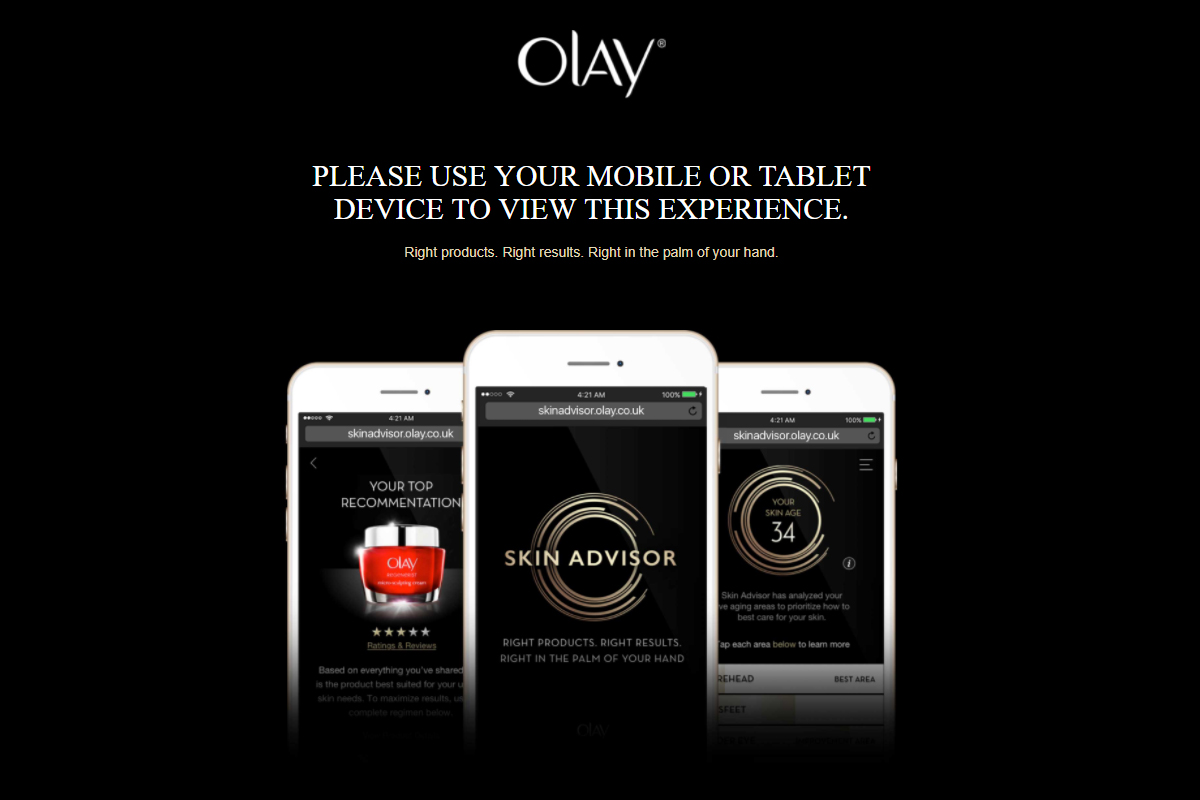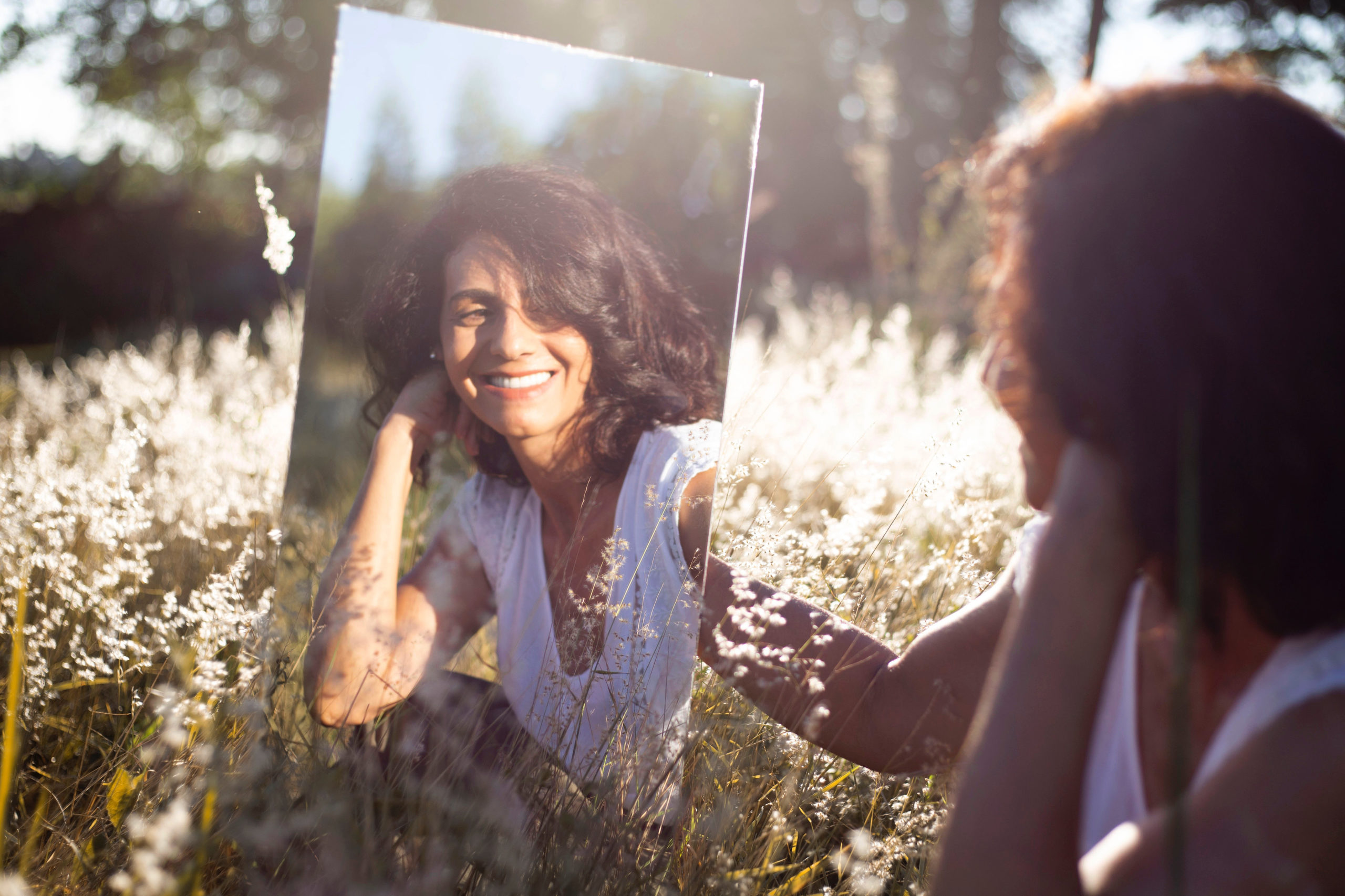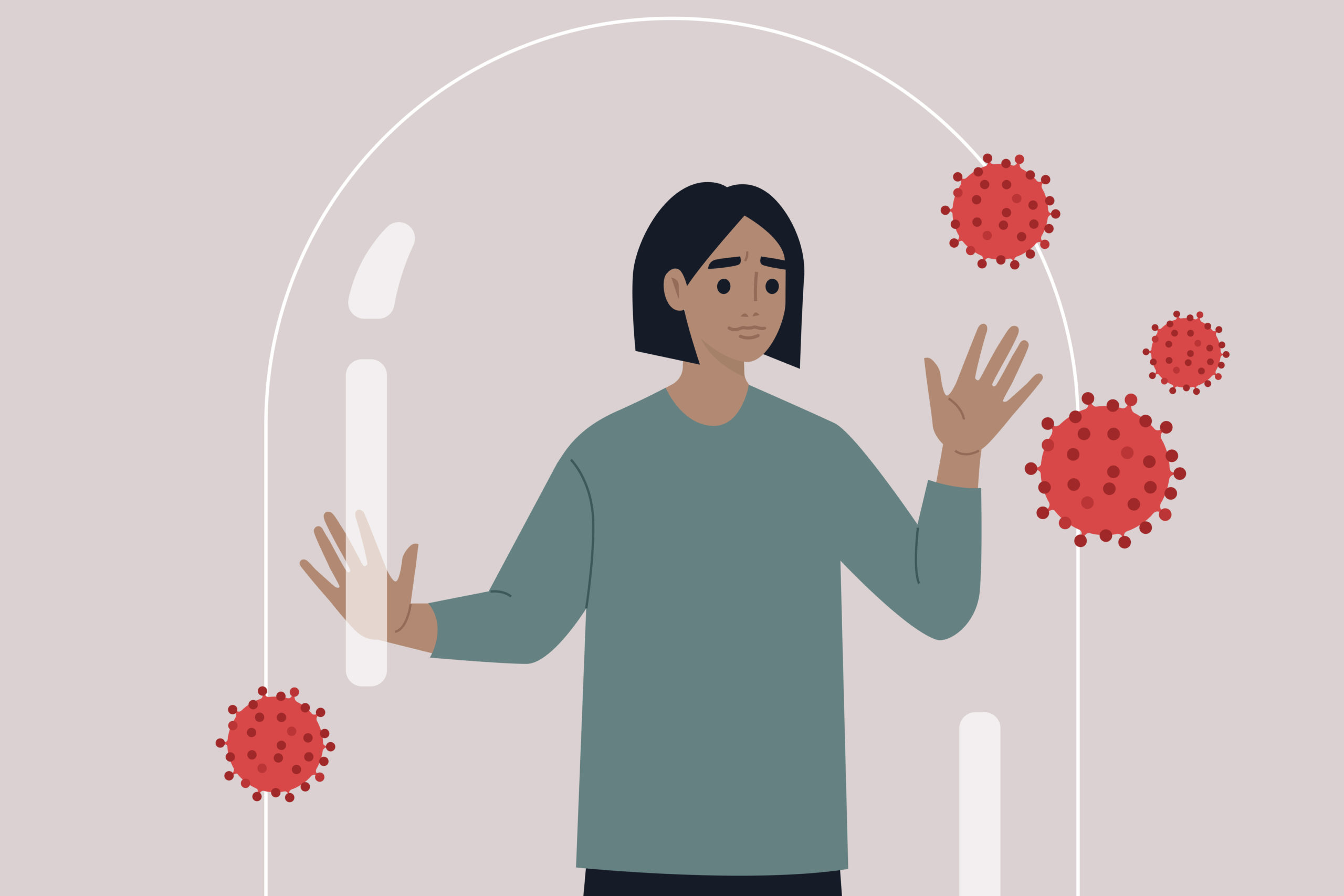Your skin is often the first thing people see when they meet you, so no wonder skincare is one of the most searched for beauty terms on Google.
Having glowing skin really does convey lots about your health and with certain tests, you can see how well your skin is maturing and whether you’re doing the right things to keep it healthy.
The results can provide insights into the changes you should make to your lifestyle and skin care regime to improve your skin’s vitality.
There are plenty of new tools and treatments that can give you healthy skin.
We’re fans of Olay’s skin advisor which gives a pretty good estimate of skin age using an expansive database which has been proven to be more accurate than dermatologists to determine how old your skin looks.
Determining Your Skin’s Age
Step 1: Visualisation – Olay UK Skin Advisor
The best way to determine how old your skin is, is simply visualisation, to analyse the signs of ageing present on your complexion and determine how old your skin is from that.
We suggest the Olay UK Skin Advisor, a program tested against 350 dermatologists at the American Academy of Dermatology, which proved to be more accurate than the experts, 94% of the time.
How?
The application uses ‘deep learning’ and the programme uses the growing database of faces to continually improve and seek the variations which determine age.
Every time it receives a new selfie, it fine-tunes its knowledge of what the face of a certain age looks like, essentially growing smarter with every use,” says Olay principal scientist Frauke Neuser, PhD.
To start you simply take a makeup-free photo in even lighting and answer a brief questionnaire based on your skin type and regime.
The program rates your five ageing areas, forehead, crow’s feet, under eye, cheek and mouth and outlines which could do with improvement.
Step 2: Functionality – The Pinch Test
The skin elasticity test, advocated by Dr Alexis Abramson is very simple to do. Pinch the skin on the back of your hand and see how long it takes to snap back into position. The longer it takes, the older the ‘functional age’ of your skin is.
- 3-4 seconds: 30 – 44 years
- 5 – 9 seconds: 40 – 45 years
- 10 – 15 seconds: 60+ years
By no means is it a perfect test but it’ll give you a very rough idea of the elasticity of your skin.
The older we get the more the underlying structures responsible for our skin’s tight and smooth appearance decline. Our skin becomes more affected by the force of gravity and sags while suppleness decreases and wrinkles form.
What’s Causing Your Skin To Age?

Sun exposure & tone
Sun is one of the most substantial extrinsic agers with some studies holding it accountable for 80% of skin ageing.
So how much are you affected by the sun? Consider your skin tone, the fairer it is the more you’re going to be affected by the sun’s rays.
How often do you use sunscreen? It’s highly recommended to apply it daily, the truth of the matter is if you don’t or haven’t been, your skin is going to appear older.
Diet
We all know diet has an effect on the age of your skin, but the extent of this effect is controversial. Studies show that a ‘promising strategy’ for skin protection is through consuming plenty of fruit and veg for their high antioxidants in order to reduce oxidative stress. On the other hand, processed foods cause breakouts, rosacea and a dull complexion.
Skincare routine
How would you describe your skincare routine? From basic which includes the bare necessities to advanced, where you use multiple skin care products with a separate routine for day and night.
Inconsistency and using the wrong products in your skincare routine contributes to the age of your skin.
The use of regular moisturiser means wrinkles progress at a much slower rate while exfoliants and daily face scrubs stimulate collagen and elastin and prevents sagging skin. Serums ensure your complexion is getting the nutrients and antioxidant protection it needs to function healthily.
Sleep
Do you get the recommended 7 – 9 hours of quality sleep per day consistently? Sleep deprivation releases the stress hormone, cortisol which promotes the breakdown of collagen. Lack of sleep over the years can have a cumulative effect on your collagen levels and result in premature ageing.
These four elements are the primary factors responsible for extrinsic skin ageing, which makes up a large part of overall skin ageing. We have more say in the way we age than most think. it’s about taking an active approach and luckily with skincare if you’re healthy and fit, your skin is most likely to be the same.
Subscribe to our weekly newsletter for more content like this delivered straight to your inbox!





